The Canadian Automobile Association (CAA) has launched a series of Public Service Announcements (PSA's) warning young Canadians to the dangers of driving after consuming cannabis edibles. The campaign, Do Anything But Drive, carries a simple message for these recreational users: if you’re going to do edibles, do anything but drive.
Cannabis edibles were legalized throughout Canada last fall – about a year after nationwide legalization and sales. CAA was one of the organizations consulted by the government during the legalization debate.
“There is no gray area or room for debate. Cannabis edibles stay in your system longer and can produce some really varied reactions that can be skewed by a multitude of factors, including how much food is in your stomach," said Jeff Walker, President and CEO, CAA North & East Ontario.
The message of the ads is simple: if you are consuming a cannabis edible, then do not – under any circumstances – consider getting behind the wheel.
Jeff Walker, President & CEO of CAA
“Cannabis consumption delays your reaction time, putting yourself and others on the road at greater risk for collisions, which can be deadly, while cannabis edibles can produce stronger, different and longer reactions. It’s simply not safe to drive after consuming them, ” added Walker.
Although the campaign relies on the typical "stoner" type to convey its message, the PSA's do take a light-hearted approach to highlight the importance of planning ahead after ingesting cannabis. As opposed to most American PSA's, the campaign falls short of pushing abstinence or the evils of drug use.
We all could use a laugh so take look.
1. DOG
2. DRESS
3. RIDESHARE
4. KETCHUP
The need for the campaign is clear as CAA research shows that 20% of 18-24 year-old Canadians have driven high or been in a vehicle with a high driver. In another poll, 50% of young Canadians think it is safe to drive less than five hours after consuming cannabis, while 12% believe their driving is better or at least the same after consumption.
Public health authorities warn that it can take anywhere from half an hour to two hours to feel the effects of cannabis edibles and up to four hours for the full impact. Cannabis edibles can also stay in your system for up to 12 hours, emphasizing the importance of planning ahead before consumption.
Are you still missing out on The Bluntness newsletter? Sign Up today to stay in the loop.
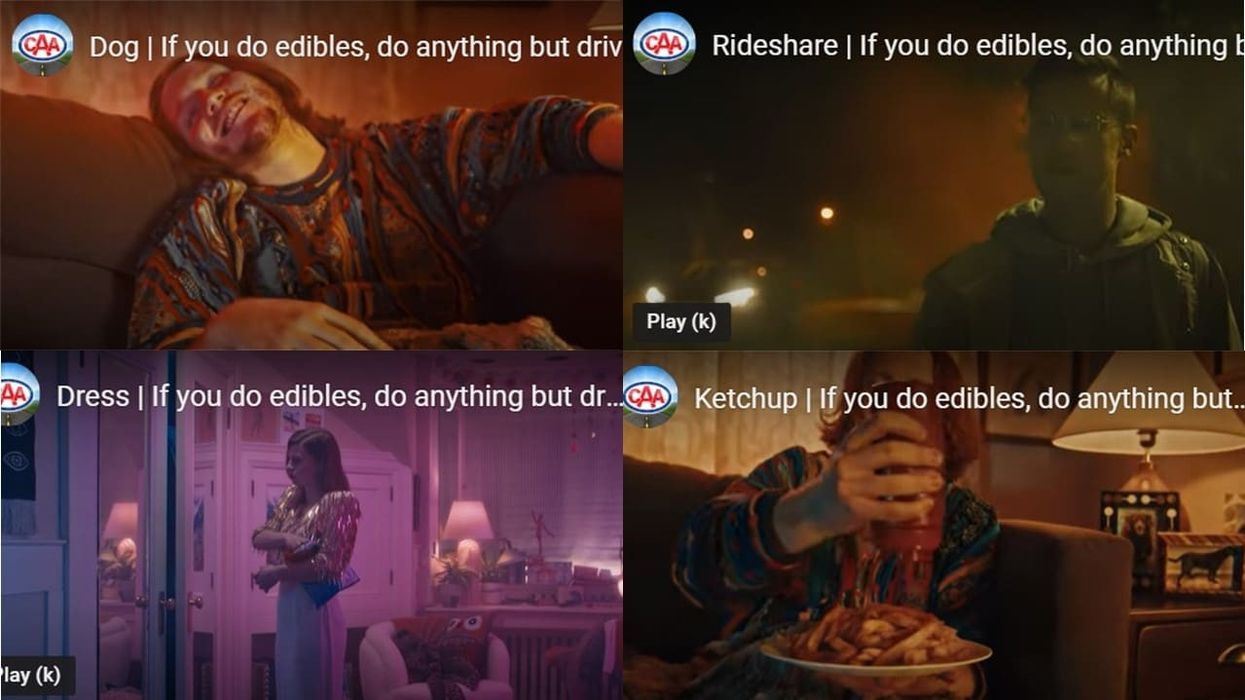


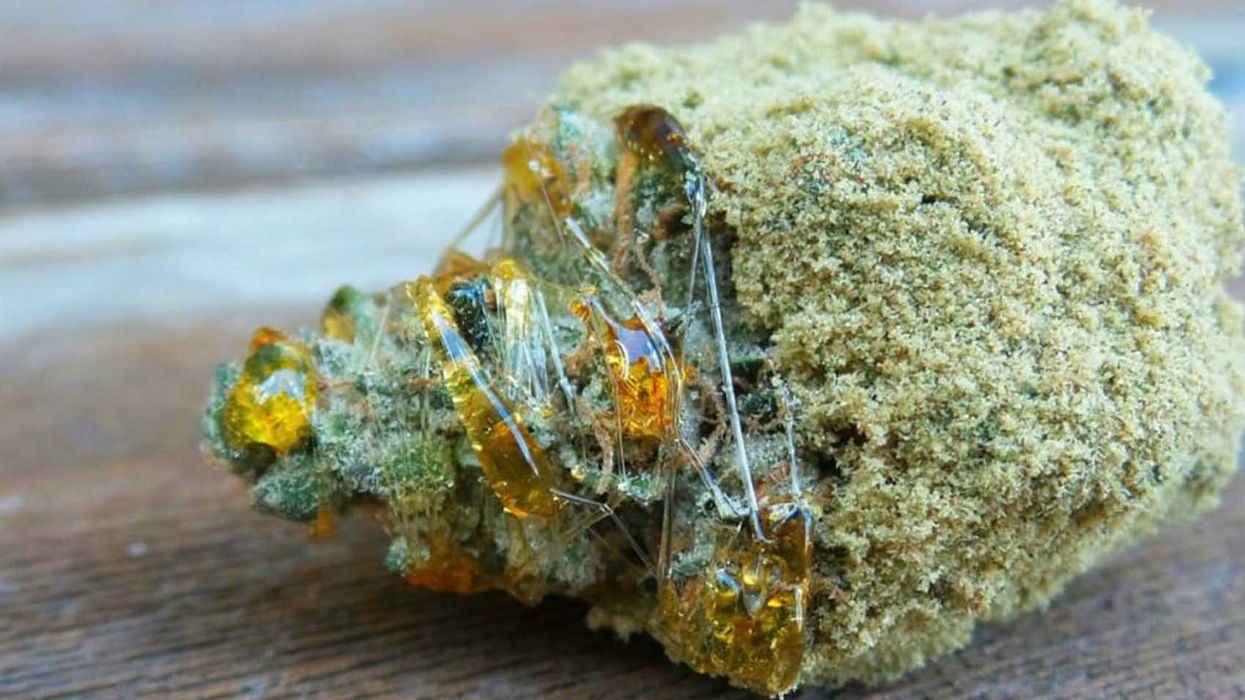
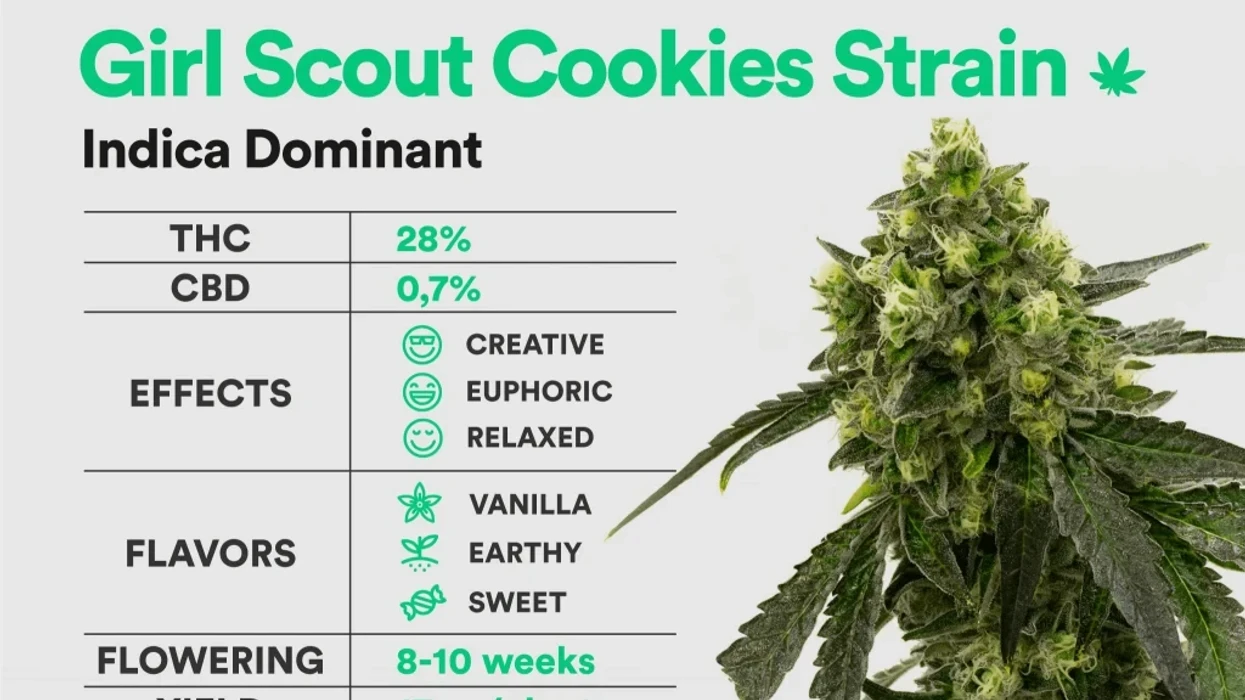


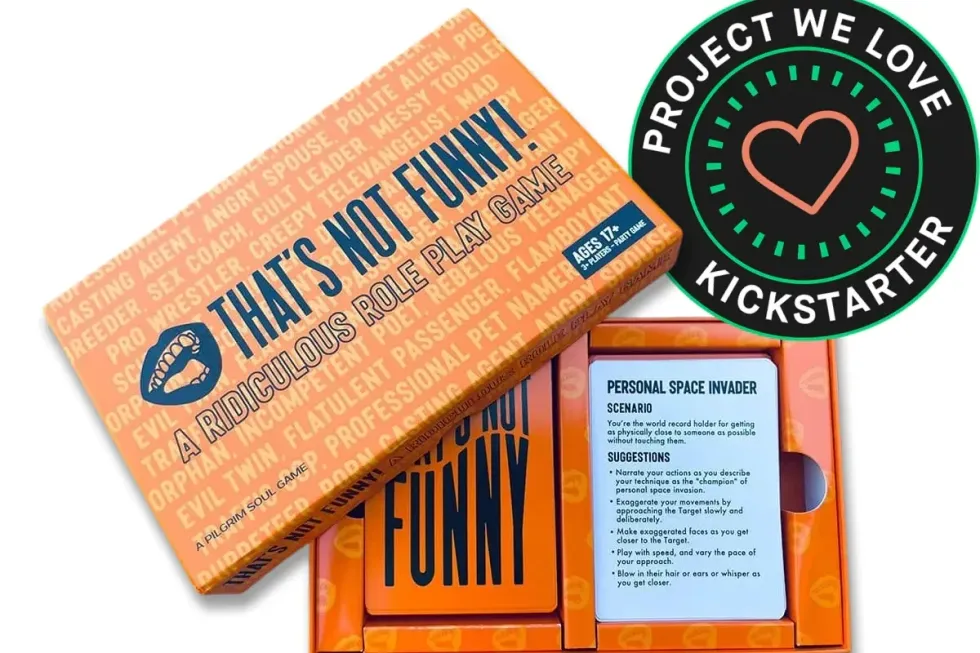
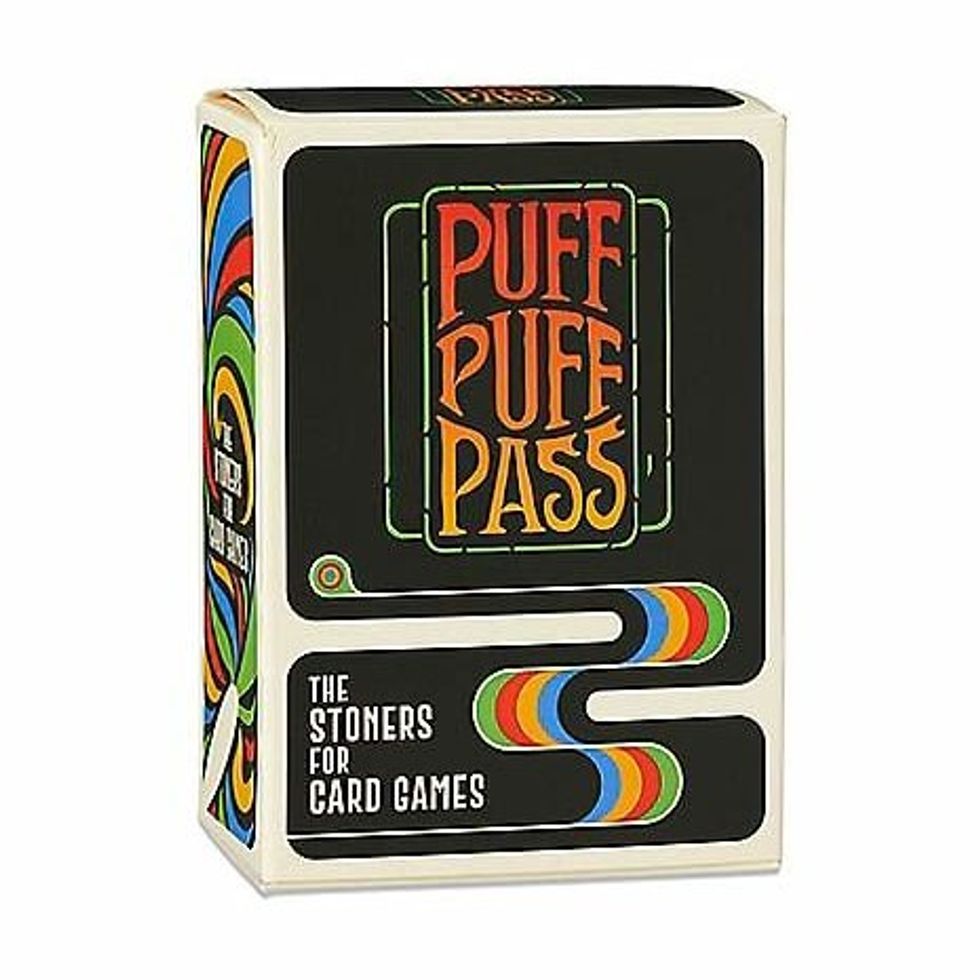
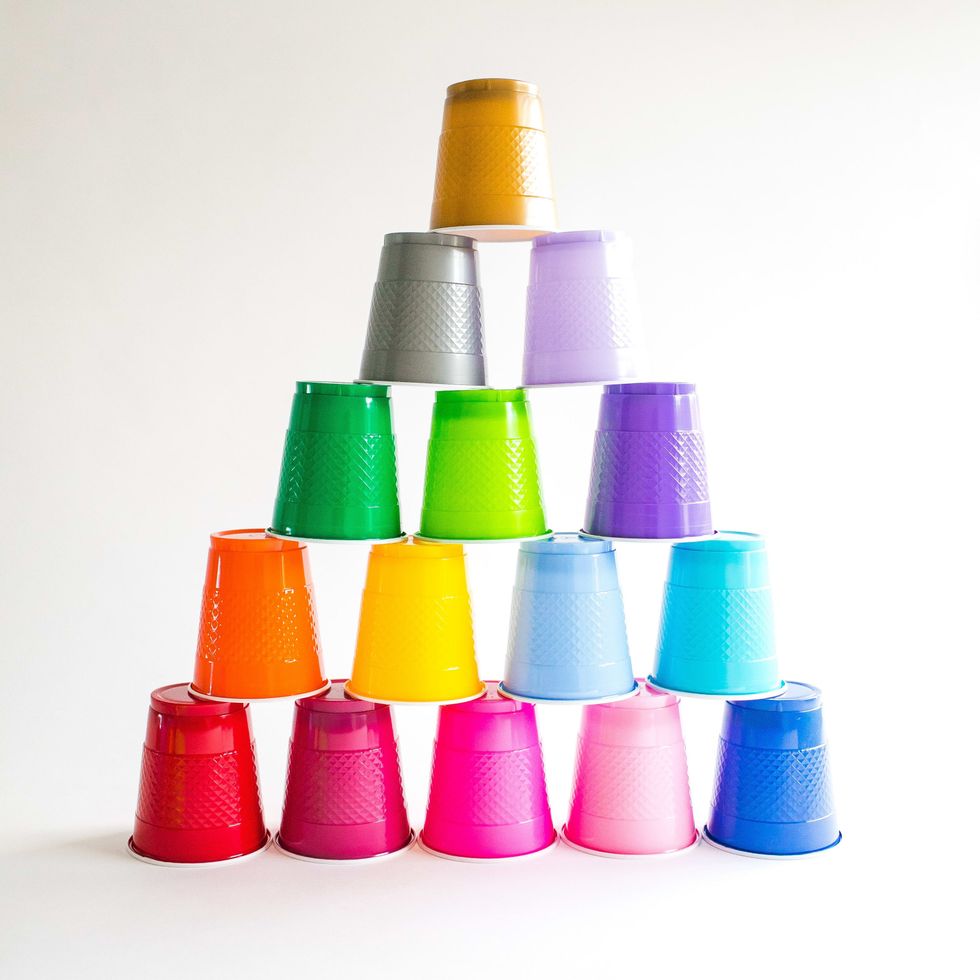
 Best Weed Smoking Games to Try - Jammin'
Best Weed Smoking Games to Try - Jammin'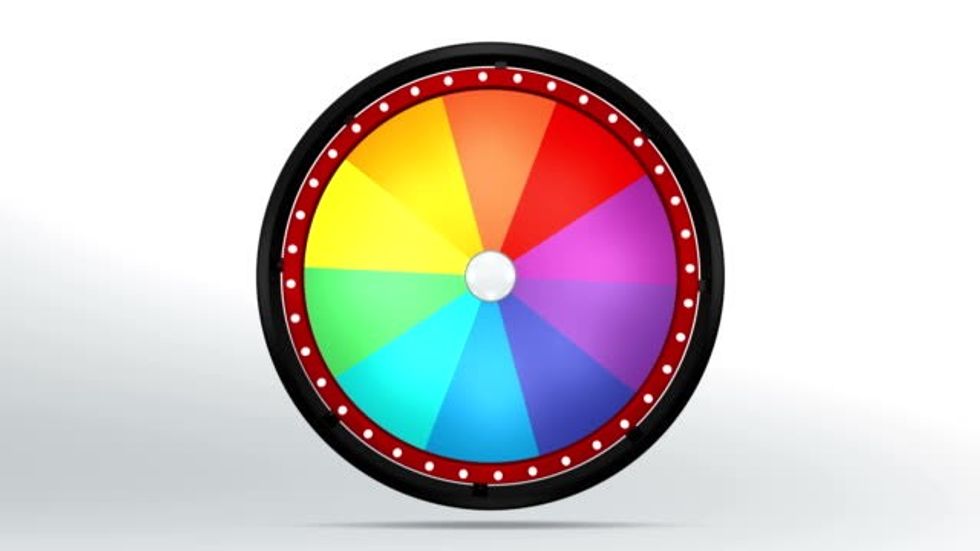 The 31 Best Weed Smoking Games To Try
The 31 Best Weed Smoking Games To Try The Best Weed Smoking Games
The Best Weed Smoking Games The Best Weed Smoking Games to Try
The Best Weed Smoking Games to Try
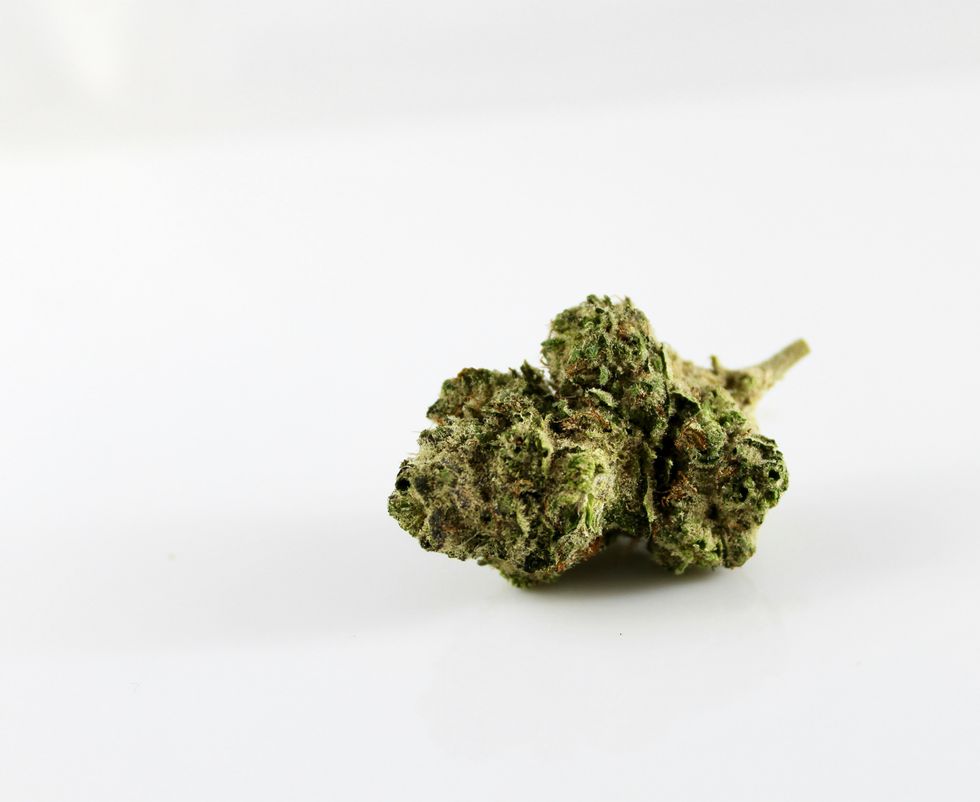
 Stoner Games - Games to Play While High
Stoner Games - Games to Play While High The Best Weed Smoking Games to Play
The Best Weed Smoking Games to Play The Best Weed Smoking Games to Try
The Best Weed Smoking Games to Try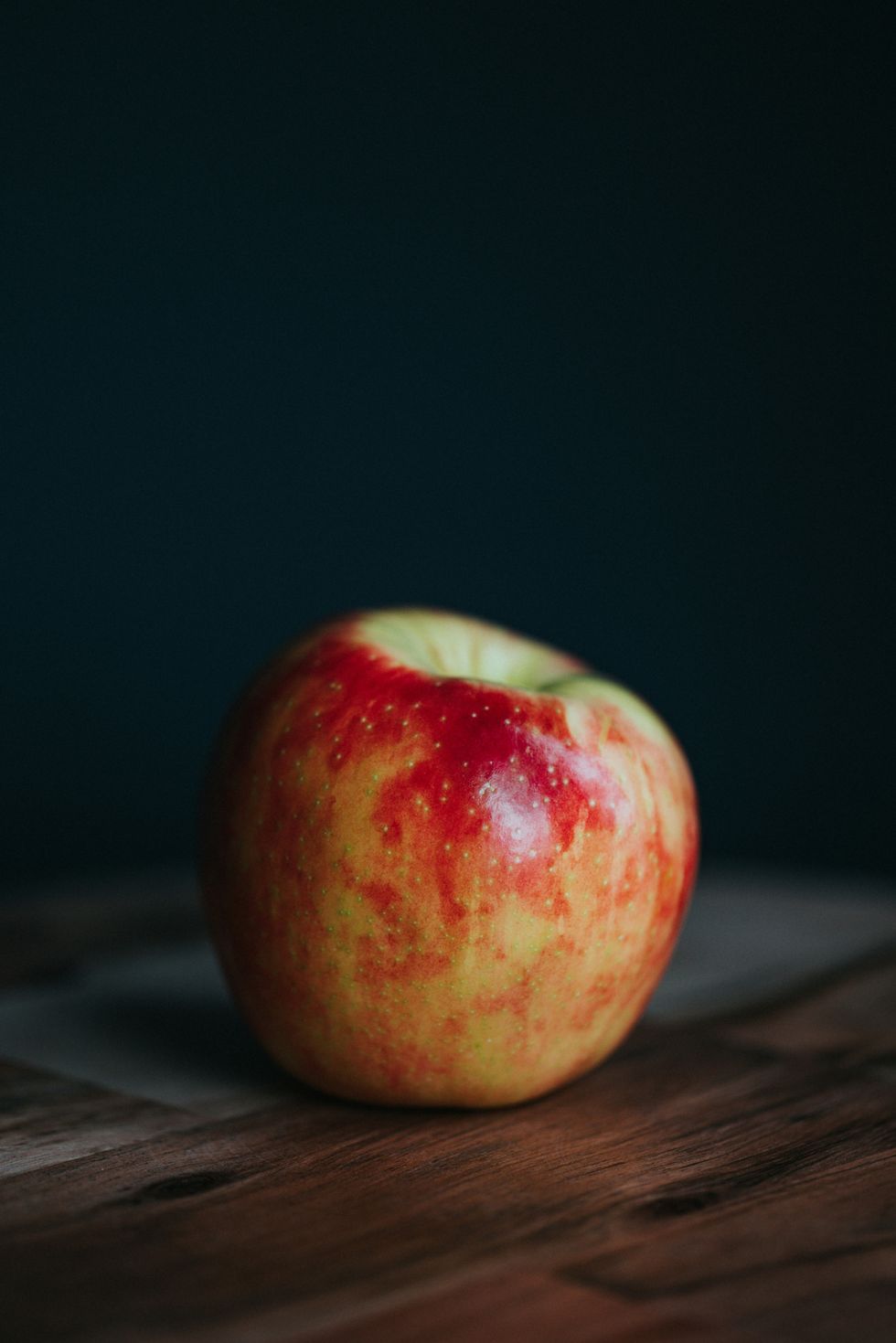
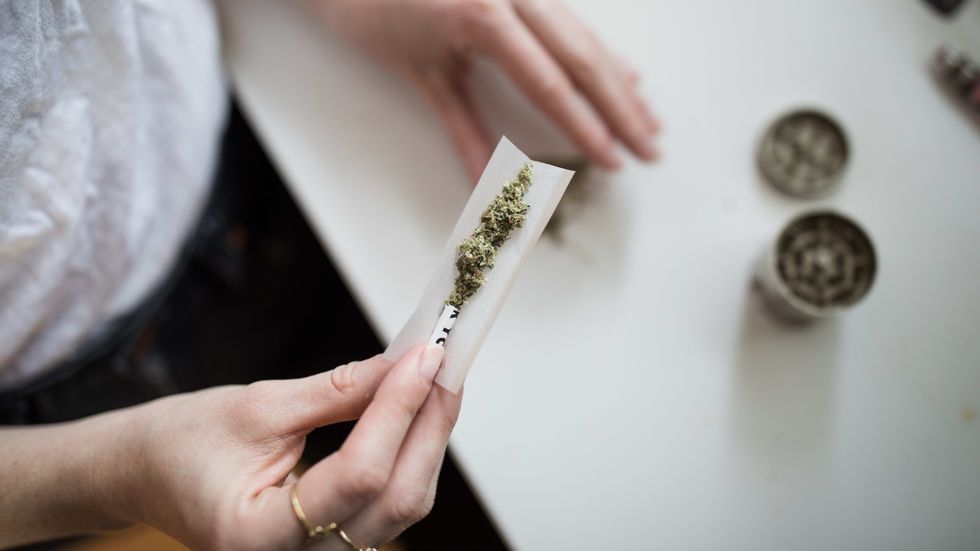 The Best Weed Smoking Games to Try
The Best Weed Smoking Games to Try
 The Best Weed Smoking Games to Play
The Best Weed Smoking Games to Play The Best Weed Games to Play
The Best Weed Games to Play The Best Weed Smoking Games to Try
The Best Weed Smoking Games to Try The Best Weed Smoking Games to Play
The Best Weed Smoking Games to Play The Best Weed Smoking Games to Try
The Best Weed Smoking Games to Try Games for Stoners
Games for Stoners  woman in white and blue floral shirt sitting beside woman in white and black floral shirtPhoto by
woman in white and blue floral shirt sitting beside woman in white and black floral shirtPhoto by 
 The Best Weed Smoking Games to Play
The Best Weed Smoking Games to Play
 The Best Weed Smoking Games to Try
The Best Weed Smoking Games to Try The Best Weed Smoking Games to Try
The Best Weed Smoking Games to Try world map with pinsPhoto by
world map with pinsPhoto by 
 The Best Weed Smoking Games to Try
The Best Weed Smoking Games to Try


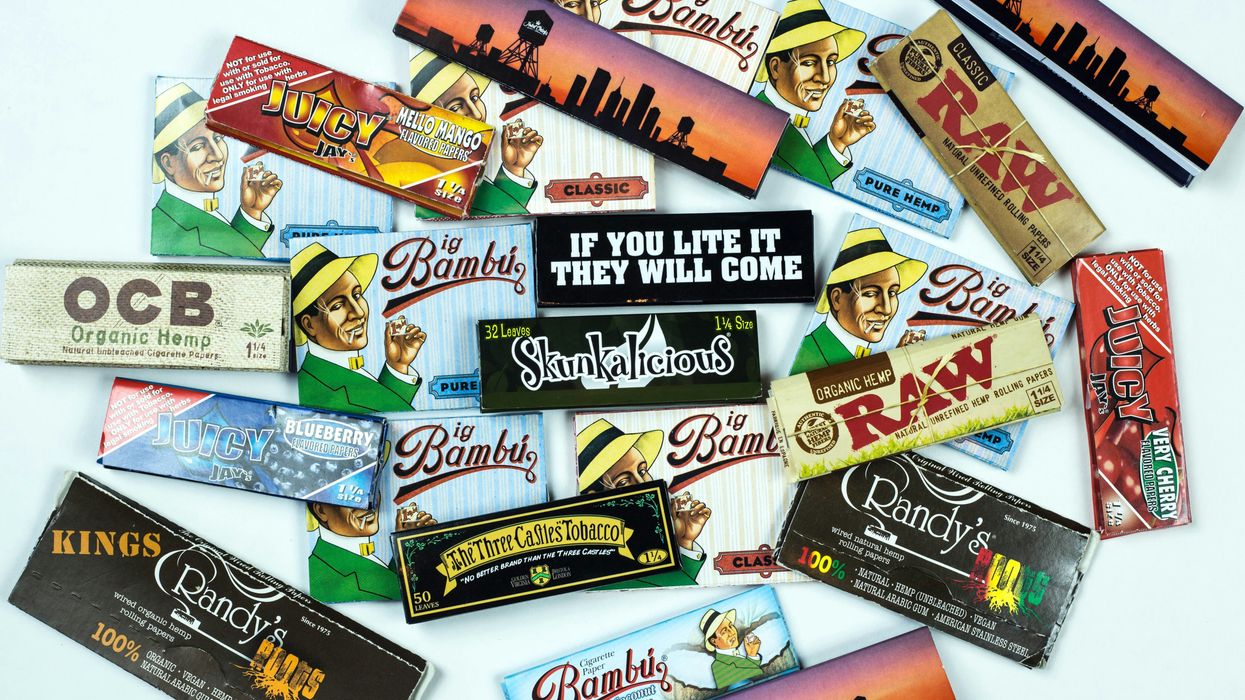
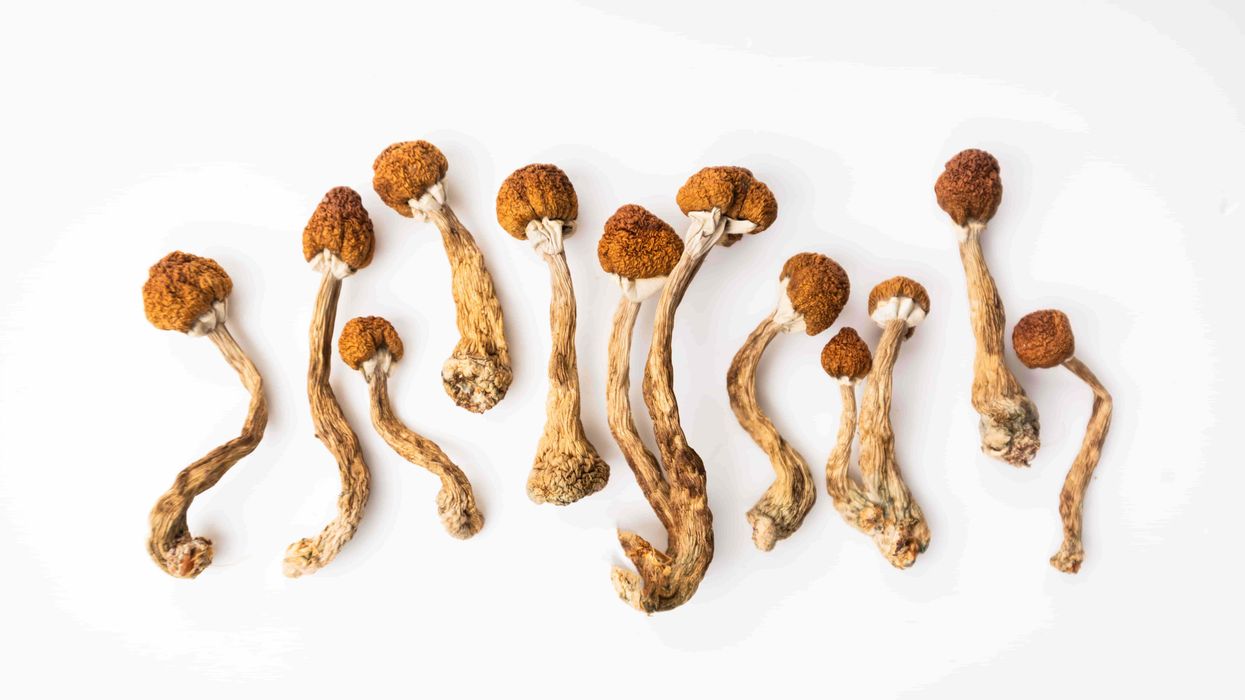


 The Truth About THC Candle: Cannabis Candles & How to Make Your Own - The Bluntness
Photo by
The Truth About THC Candle: Cannabis Candles & How to Make Your Own - The Bluntness
Photo by 







 How to Make a Cannagar Without a Mold: A Comprehensive Guide - The Bluntness
Photo by
How to Make a Cannagar Without a Mold: A Comprehensive Guide - The Bluntness
Photo by 